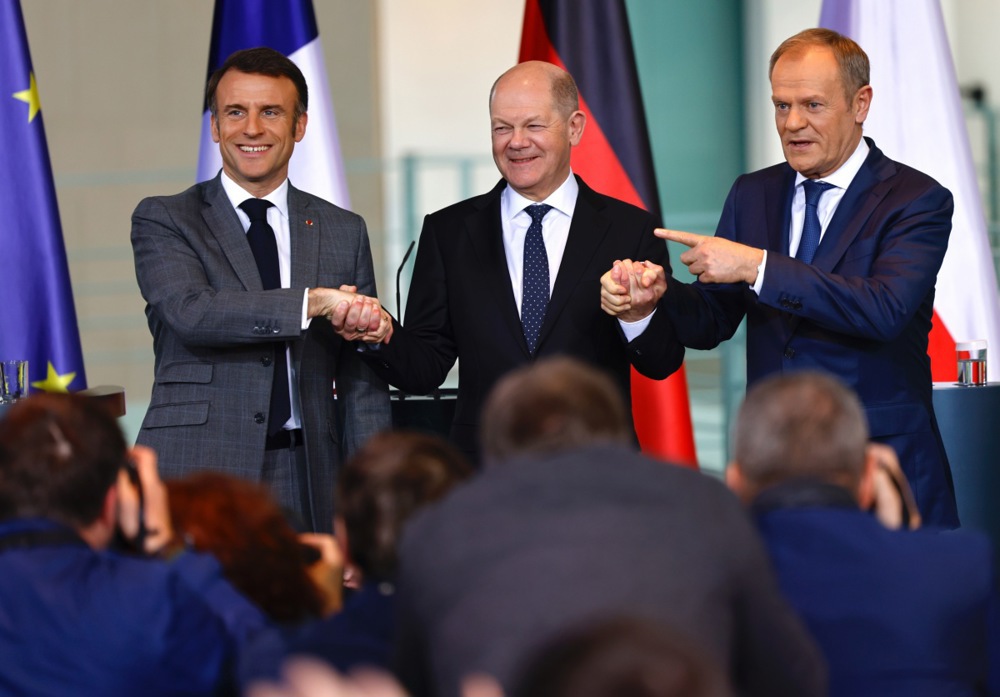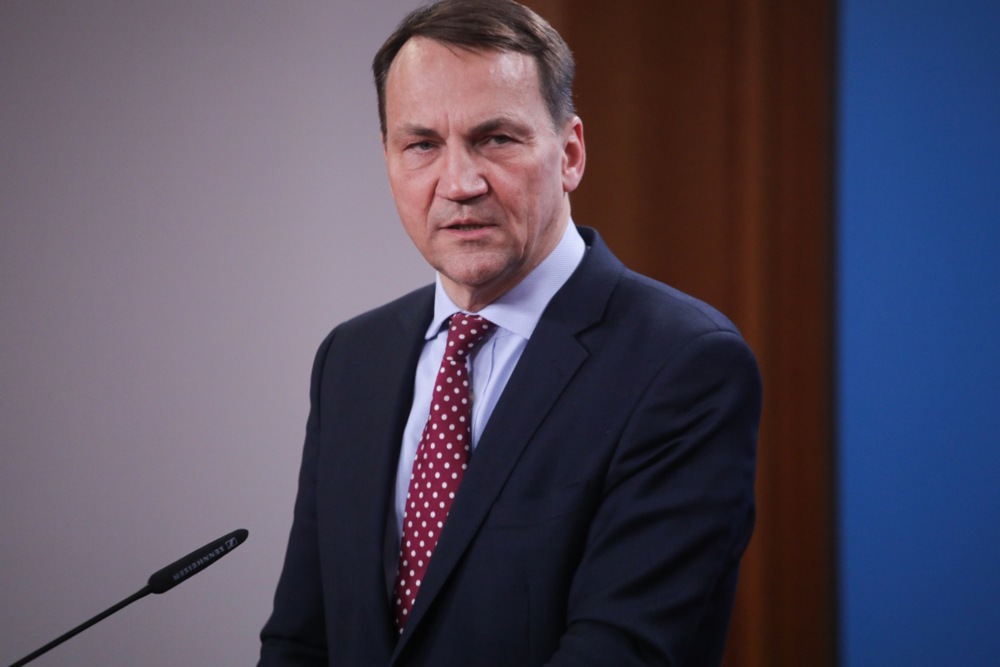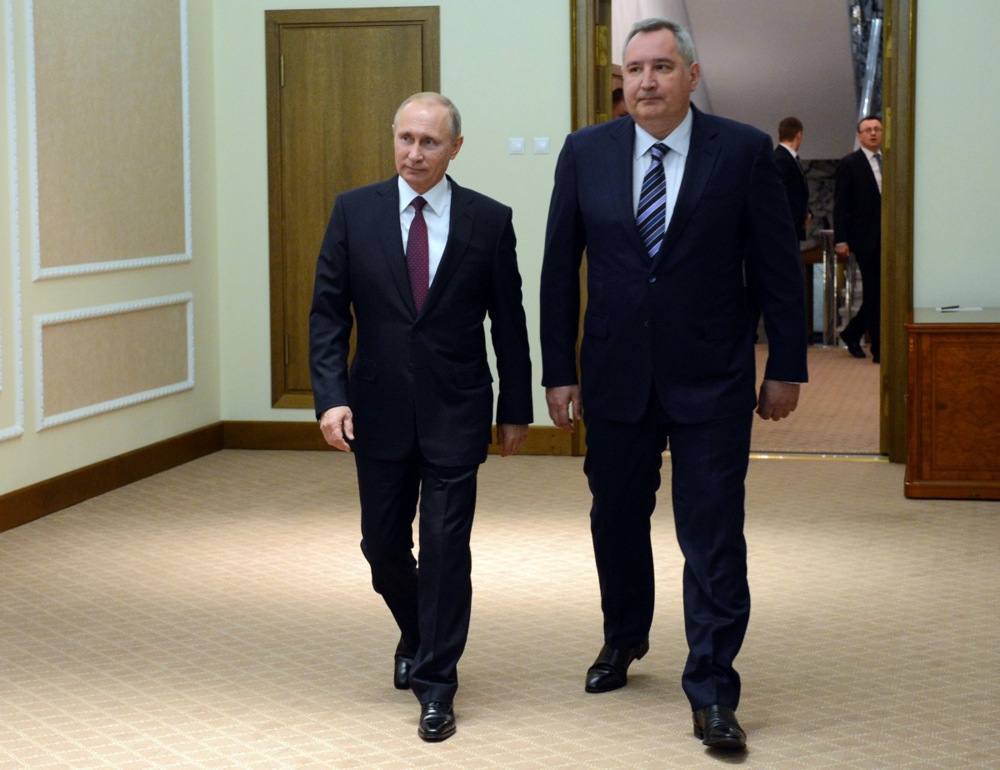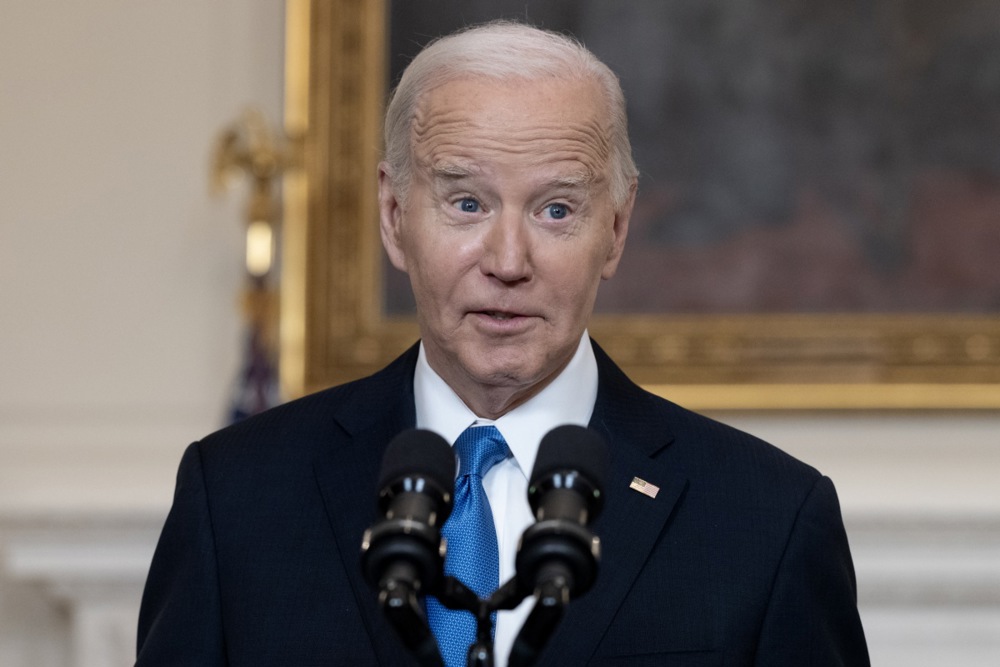Russia’s Ambassador to Poland Sergei Andreev has defied a summons to a meeting with the Ministry of Foreign Affairs in Warsaw at which he was to receive a diplomatic note protesting the incursion into Polish airspace of a Russian rocket on March 24.
The ministry’s press spokesman Paweł Wroński told reporters on March 25: “The Ambassador of the Russian Federation in Poland, Sergei Andreev, did not come to the foreign ministry today to explain the incident with the Russian cruise missile that violated Polish airspace.”
Wroński added: “The Vienna Convention clearly describes the duties of an ambassador in the receiving country,” and that his ministry was “wondering whether the Ambassador follows the instructions of the foreign ministry in Moscow and whether he is able to properly represent the interests of the Russian Federation in Warsaw.”
The Vienna Convention sets out the duties of ambassadors including the necessity to attend meetings when summoned by the host country’s foreign ministry.
Andreev told Russian news agency TASS that he had been called to meet a Polish deputy foreign minister but had asked whether the Polish side would present any evidence regarding the incident. He said, as such an assurance was not given, he felt that “the invitation was immaterial and I therefore declined it”.
He added that if Poland subsequently submitted a diplomatic note on the matter, the Russian side “would consider it and may choose to respond”.
Answering Andreev’s remarks, the Polish foreign ministry spokesman stated the ministry had reminded the Ambassador of his duties according to the Vienna Convention, “which are not dependent on his personal views”.
The Polish ministry has so far stopped short of taking any retaliatory action, which could include sending the Russian Ambassador back to Moscow, a step usually taken to mark a host country’s displeasure at the behaviour of another nation’s ambassador.
Earlier, Polish foreign minister Radosław Sikorski signalled his concerns over Russia’s behaviour on the matter.
“This is not the first incident of this kind. It is absolutely unacceptable. We will demand explanations but I don’t expect to get one; it will just be propaganda as usual,” he said.
He added that he would be informing NATO regarding the situation and that his Government and Prime Minister Donald Tusk would consider the matter further.
The airspace violation on March 24 marked the third time a Russian missile has entered Polish territory, with the previous such incident occurring in late December last year.
Questions have been asked as to whether Poland’s reaction to the latest incursion, where the Russian rocket spent 39 seconds over its territory, should have resulted in it being shot down by Polish armed forces.
In the past, the then-Tusk-led Liberal opposition, which now forms the Government headed by him, had criticised the then-Conservative (PiS) government for not reacting strongly enough to incursions into Polish airspace by Belarusian helicopters.
It also slammed the PiS for what it said was the hushing-up of an incident when a stray Russian rocket flew deep into Polish territory in December 2022 and came down near the Northern city of Bydgoszcz.
Now the new Government is in place, its response to the latest incursion seems far more circumspect. The administration has backed its military’s decision not to attempt to bring down the Russian missile.
The rocket was picked up on Polish radar during a major Russian overnight aerial assault on Ukraine and entered Polish airspace near the Eastern village of Oserdów.
According to Polish military chiefs, it was clear from the missile’s trajectory that it would not fly further into Poland and, therefore, shooting it down carried a greater risk than letting it through.
Since it was believed by military experts that the rocket weighed around two tonnes with a combat payload of 400 kilograms, bringing it down would have meant the remains of it and the interceptor missile would have fallen on Polish territory, potentially risking lives on the ground.
The Polish military’s stance can in part be explained by a tragedy that occurred on November 15, 2022, in Przewodów, less than 10 kilometres to the Northwest of Oserdów. In that case, two men were killed in a grain-drying facility where the rocket remnants fell.





